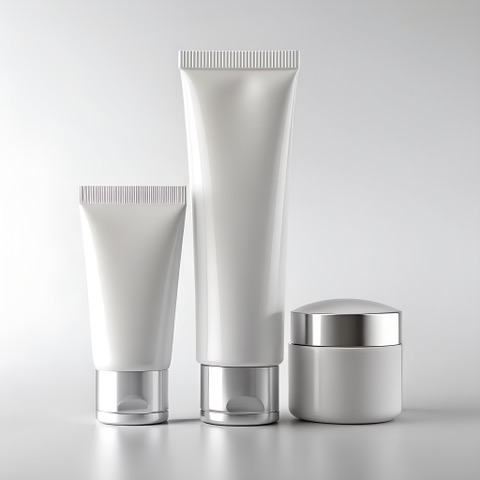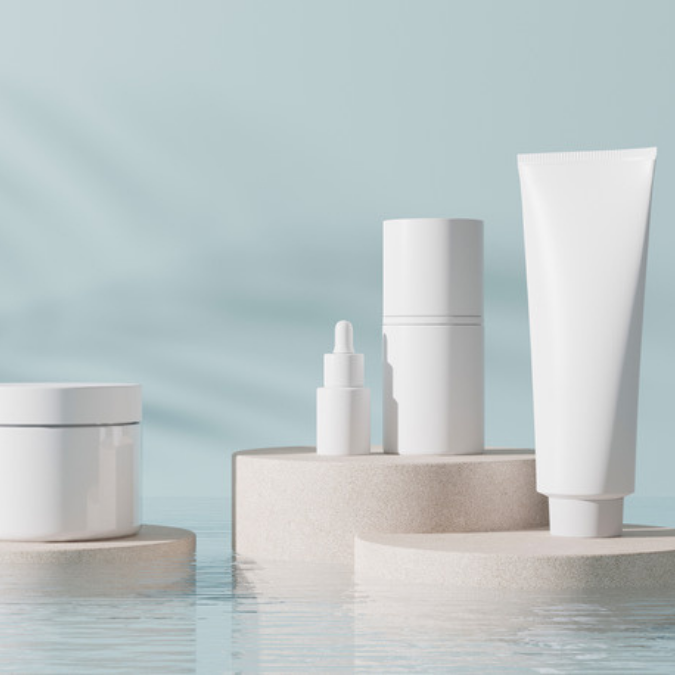Anti-aging supplements and formulations have been around for years. However, just because something is available to the public does not necessarily mean that it has been proven to be safe and effective. Whether you are choosing an anti-aging supplement or looking to create your own unique line of anti-aging products to benefit others, clinical trials can benefit both the brand strengthening and the consumer. That is why Pure Source anti-aging products go through rigorous clinical trials to ensure the highest safety and quality standards with every order.
What Is a Clinical Trial?

A clinical trial is designed to test a research protocol, often an approach or a product, on participants. The protocol could entail behavioral changes or involve a medical product, medication, cosmetic, or medical device. Participants are typically divided into the trial group or the group that will receive the research protocol and the control group, who will be given a placebo or not be asked to change their behavior.
The goal of the clinical trial is to test the new approach to ensure that it is safe and effective and to identify any potential side effects. Most of the time, we hear about clinical trials when a new product, such as an anti-aging formula, is being studied.
What Happens During a Clinical Trial
Clinical trials are directly overseen by trained scientists and researchers. Trials conducted in the US and many other parts of the world follow a series of phases to ensure the safety of their subjects. In the US, these phases are defined by the Food and Drug Administration as follows:
- Phase I: This stage is focused on the safety of the substance or protocol in question and only tests on a small number of people. Phase I also looks for potential side effects.
- Phase II: This phase requires more people and aims to prove that the substance or protocol in question makes a difference within a small group of people. This phase may last several years and helps look for side effects.
- Phase III: This phase is designed to test the substance or protocol in question on a larger group of people ranging from a few hundred to several thousand. After completion of this phase, the findings can be presented to the FDA for approval.
- Phase IV: This phase technically takes place after FDA approval and at a time when the substance or protocol in question may have already hit the market. In this phase, the manufacturer monitors the safety, efficacy, and side effects within diverse populations. One of the goals of this phase is to monitor for any long-term side effects.
Clinical Trials vs. Observational Study
Like clinical trials, observational studies are designed to test a given substance or protocol. However, while clinical trials assign a test group and a control group, observational trials do not have assigned circumstances. An example of an observational study is having people complete a survey about their health habits.
What About Anti-Aging Formulas?
Clinical trials are typically conducted on drugs and treatment modifications. So, where do anti-aging formulas fit in? The answer depends on where the formula falls under the FDA definition of cosmetic versus drugs and medical devices.
Per the FDA, anti-aging formulas that promise to reduce, mask, or hide the effects of aging fall into the cosmetic category. You may have heard products advertised as “noticeably reduces the appearance of aging.” These products are considered cosmetic even though they advertise as anti-aging. Cosmetic anti-aging products should not have ingredients that alter the composition of the skin. On the other hand, anti-aging products and devices meant to affect or change the structure and function of the skin to reverse or erase the signs of aging would be classified as a drug or medical device.
While the FDA definition seems specific, some companies try to pass their anti-aging formulas off as cosmetic when they don’t quite fit the definition. Lately, the FDA has begun cracking down on such companies.
There has been a call to put cosmetic companies under tighter scrutiny because these products often contain harmful chemicals such as formaldehyde. While cosmetics must be safe and labeled correctly under the law, they do not require FDA approval.
How Do Clinical Trials Benefit Consumers
Purchasing tested products provides an extra layer of protection for the consumer. Because some anti-aging formulas do advertise in such a way as to avoid FDA scrutiny, having a product that has been tested helps ensure that professionals have examined the safety and side effects.
How Do Clinical Trials Benefit Brands
If you are looking to create or brand an anti-aging formula, clinical testing is also beneficial. First, it allows you more advertising flexibility because you can present test results to the FDA for approval. The process takes longer, but it can also help ensure that you won’t get stuck in a grey area of cosmetic versus medical.
Another reason to ensure that your product has undergone clinical trials is consumer trust. With cosmetic companies using deceptive advertising and some anti-aging brands misrepresenting themselves, consumers are looking for a brand that can promise proven results. Truthfully saying that the brand has been tested can be the first step to building a solid customer base. Plus, information from the testing process can yield great social media and blog content, including “Before and After” images, which have become standard among anti-aging brands.
Who Conducts the Clinical Trials for Anti-Aging Formulas?
This depends on the brand and the manufacturer. Some brands may conduct their own clinical testing on their formulas and ingredients. However, if you do not have the resources to conduct private testing, you can partner with a manufacturer already committed to testing their products and ingredients.
For instance, The Pure Source is committed to manufacturing anti-aging products with proven, clinically tested ingredients. Pure Source works with brands and entrepreneurs to create custom manufactured products. They are registered with the FDA and follow all manufacturing and testing standards. Plus, all of their ingredients are certified as cruelty-free.
Whether you are a manufacturer or a curious consumer, clinical trials are important in anti-aging formulas and products.
Takeaways
- Anti-aging formulas can fall into either drug or cosmetic categories, depending on their ingredients and advertising.
- Clinical trials help ensure that the anti-aging formula is safe for the public.
- Conducting clinical trials on anti-aging formulas benefits both the brand and the consumers.



.png)






